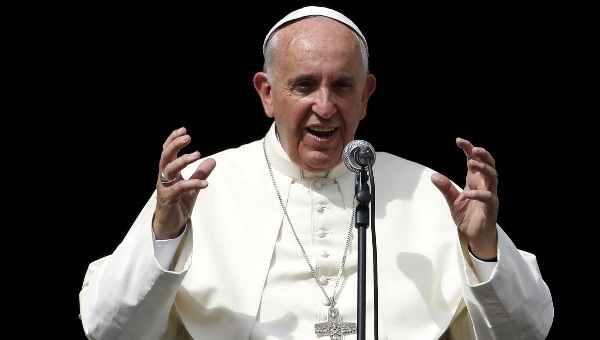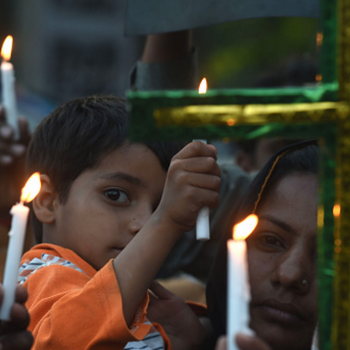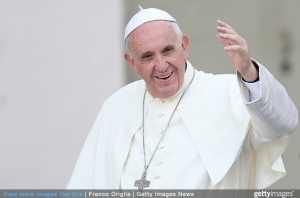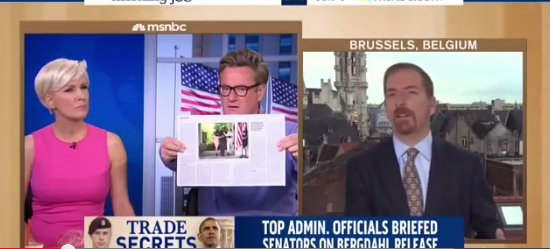
The Church could use the steely resolve of Pope Pius V.
Over the weekend, Pope Francis made a statement that should be of deep interest to the many thousands of faithful Catholics who work in the American defense industry or to the countless more who’ve invested in American arms companies. Speaking Sunday, the pope said, “If you trust only men, you have lost.” He continued, “It makes me think of . . . people, managers, businessmen who call themselves Christian and they manufacture weapons. That leads to a bit of a distrust doesn’t it?”Interestingly, in that same speech the pope wondered aloud why the Allies didn’t do more to stop the Holocaust: “The great powers had the pictures of the railway lines that brought the trains to the concentration camps like Auschwitz to kill Jews, Christians, homosexuals, everybody. Why didn’t they bomb [the railway lines]?” Presumably this desire for specific air strikes can be reconciled with his condemnations of arms makers so long as the bombs are manufactured by, say, Hindus. And are the weapons that his security detail carries made by Buddhists?
I respect the pope and appreciate his deep concern for the poor and vulnerable, but these comments, while admittedly off-the-cuff, were incoherent. Even worse, they reveal a mindset that affects all too many of the world’s most influential Christians — where their heartfelt desire for peace has exactly the wrong impact, often sending a message that the West is weak-willed, its nerve lost. There was a time when the world’s great conflicts were fought largely between its traditional Christian powers, including nations with large Catholic populations and Catholic leadership. And not all these wars were launched or conducted according to just-war principles. Thus, there was a crying need for a powerful and — just as important — influential Christian witness for peace.
We live in an era of Christian persecution not seen since the Roman Empire.But there are other wars — wars launched and fought by those who have little use for just-war doctrine and no regard for Christian leadership. There was a time when the Catholic Church understood the distinction, when it refused to cry out “peace, peace” when there was no peace. Instead, it girded the people of Christ for just and necessary conflict — helping forge military alliances among fractious and often incompetent kingdoms, the alliances that helped save Christendom. Pope Pius V was indispensable to the creation and success of the Holy League at Lepanto, the miraculous naval victory that shattered jihadist-Muslim naval power in the Mediterranean. An explicitly Christian alliance defeated the Ottoman Empire at the gates of Vienna in 1683. Examples are simply too numerous to mention. In fact, Western civilization arguably owes its continued existence to the military resolve of the Church, not to its pleas for peace.
We live in an era of Christian persecution not seen since the Roman Empire. Christians face systematic beheadings, church burnings, slavery, religious cleansing, and, if they don’t flee fast enough, genocide. In the face of these realities, the Church’s plea for peace rings hollow. When the pope called for peace in the Middle East in his Christmas address, the only nations likely to heed his call were the very nations most well-positioned to defend the innocent and helpless members of the Body of Christ. The jihadists and Islamic radicals persecuting them care not for the pope’s words. Indeed, they are only too eager take advantage of moral doubt and confusion among their opponents.
We seem incapable of calling for courage and resistance, if courage and resistance mean taking up arms.
Read the rest here on National Review
Read more on the Patheos Faith and Family Channel, follow Nancy on Facebook, Twitter, and Instagram!









